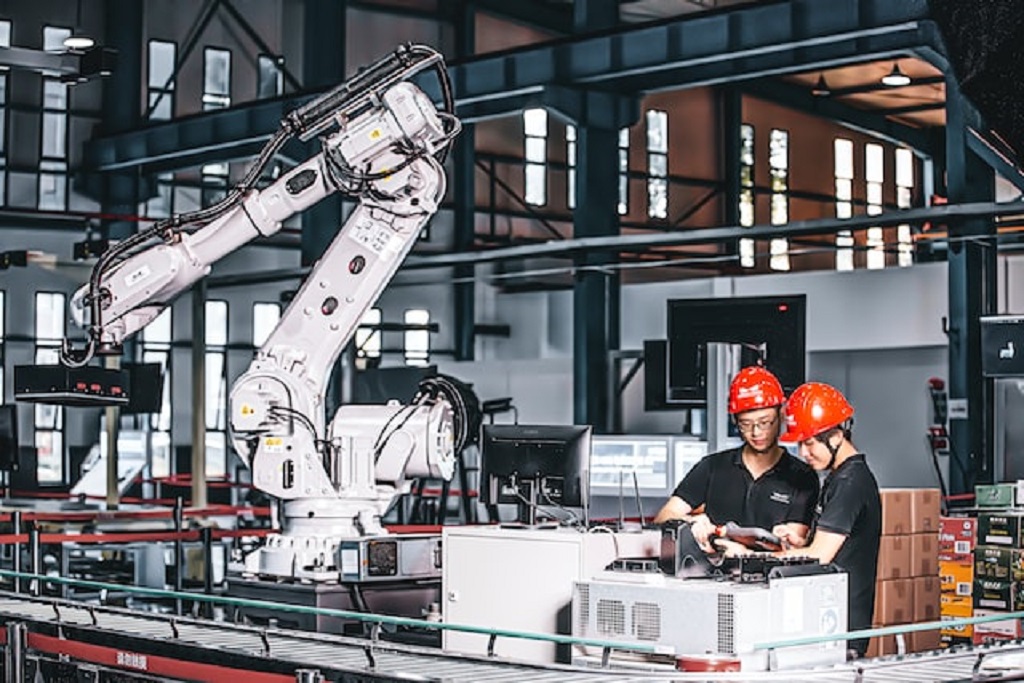Essential Skills and Qualifications for GMP Manufacturing Technicians

Manufacturing technician skills vary by position, but core hard and soft skills are common to most positions. Incorporate these skills into your resume to stand out to hiring managers. Operate high-tech equipment in a cleanroom environment. Perform line turnarounds and interventions as directed. Maintain accurate documentation using electronic notebooks and equipment logbooks.
Attention to Detail
When performing tasks, attention to detail allows workers to produce quality work. It’s essential to any line of work and a necessary skill. A grammatical mistake on a document could leave a company vulnerable to legal challenges or disputes, while numerical mistakes can significantly impact budgets and reports. GMP manufacturing technicians need strong attention to detail skills to ensure their products meet specific standards and avoid defects. They also use this skill to keep track of inventory and complete paperwork accurately. Employers look for this ability in candidates because it translates to high-quality work. Demonstrate your attention to detail by highlighting your record of achieving error-free results in your resume’s experience section and by including quantifiable examples in the tasks you’ve completed throughout your career. For example, if you worked to ensure that your manufacturing processes adhered to lean manufacturing guidelines, mention the process improvements you achieved due to your diligence.
Safety Procedures
Safety procedures are standardized rules that ensure minimal workplace risks or hazards. Manufacturing technicians must be familiar with safety protocols when performing tasks, as this reduces the likelihood of accidents and preventable legal claims. Safety skills can include general guidelines for handling products, such as food or pharmaceuticals, and specific instructions for operating equipment. They can also apply to specific situations, such as when working with fire hazards or electrical equipment. For example, a company’s fire safety procedure manual might include detailed information on mitigating these risks by describing fire extinguishers’ proper location and condition or highlighting which building areas can safely be entered during a fire emergency. These precautions help to minimize the damage caused by fire incidents and ensure worker safety. Performing regular inspections on equipment is another way that manufacturers ensure they comply with safety protocol. This includes checking for any problems or malfunctions and ensuring all steps are taken to repair them as needed.
Organization and Detail-Oriented
The ability to keep track of all aspects of a task and ensure accuracy when performing them is a crucial skill for Manufacturing Technicians. This cognitive skill involves noticing minute details that meet or fail to satisfy manufacturing requirements and adjusting accordingly. This means maintaining a clean work environment, following all documentation standards, and staying organized throughout the day by limiting distractions and managing time effectively. It also involves noticing mistakes quickly and finding ways to avoid them individually and with team members. Quality control is a vital aspect of manufacturing, ensuring that products are high quality and safe to use. A Manufacturing Technician must be able to identify defects in product testing and reporting, so this is an important skill. You can develop these skills through practice in the workplace or by focusing on your personal development.
Flexibility and Adaptability
Having flexibility and adaptability in the workplace means being open to new ideas or ways of doing things. While sticking to a particular way of working can benefit productivity, it can also restrict your growth as an employee and prevent you from being open to new possibilities. Flexibility is crucial when managing change, as every project and situation has challenges that may require a shift in plans. You can use your flexibility to overcome these hurdles without feeling frustrated or stalled. This is especially important in lean manufacturing, where changes can be fast-paced. It’s also a great skill when collaborating with team members, allowing you to adjust your style to fit different personalities or work styles. This is one of the top skills that employers look for in candidates. It’s a core component of resilience and stress management, vital for career progression.
